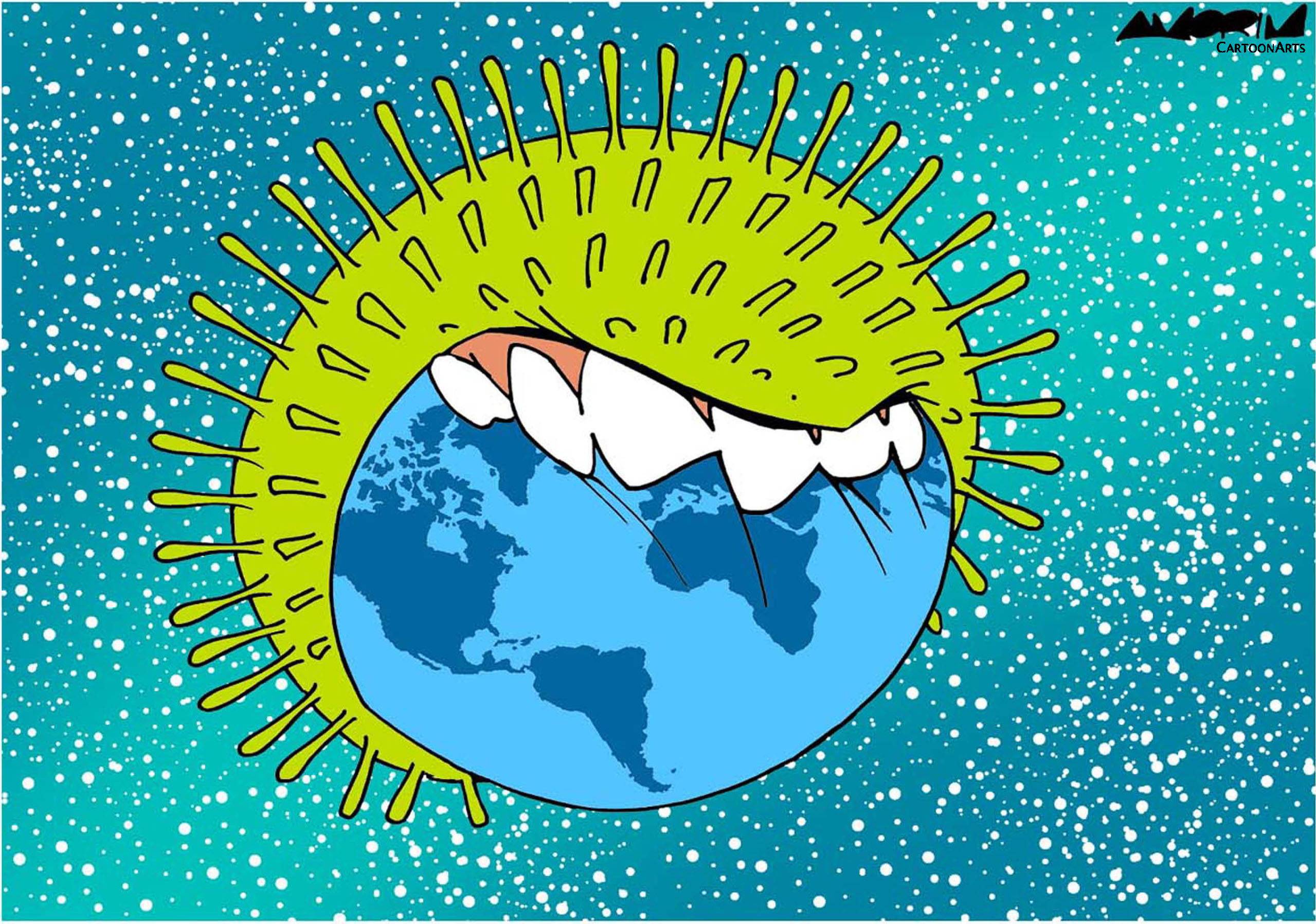Great global traumas have a way of revealing the gap between the sort of international system we might like and the sort of international system we actually have. The coronavirus pandemic is no exception.
One lesson of the crisis is that strengthened global cooperation will be critical to preventing future outbreaks. Another lesson, however, is that we’re not likely to have a “one-world” moment anytime soon. Rather than attempt to remake the international order after the virus, U.S. policymakers should promote a modestly strengthened multilateralism -- an uninspiring goal, but one that may actually be achievable, and which would still make the world a safer place.
The coronavirus reminds us that many cliches about a globalized world are true. Pathogens and the pandemics they cause don’t care much about geopolitical dividing lines. Economic shocks that begin in one country rarely end there. International organizations are critical to meeting shared challenges. It is hard for even a superpower to remain healthy, physically or economically, in an unhealthy world. Our current trial, writes former U.S. Secretary of State Madeleine Albright, teaches “a lesson we should have learned long ago: that to thrive, people of every nationality must combine strengths.”

















With your current subscription plan you can comment on stories. However, before writing your first comment, please create a display name in the Profile section of your subscriber account page.